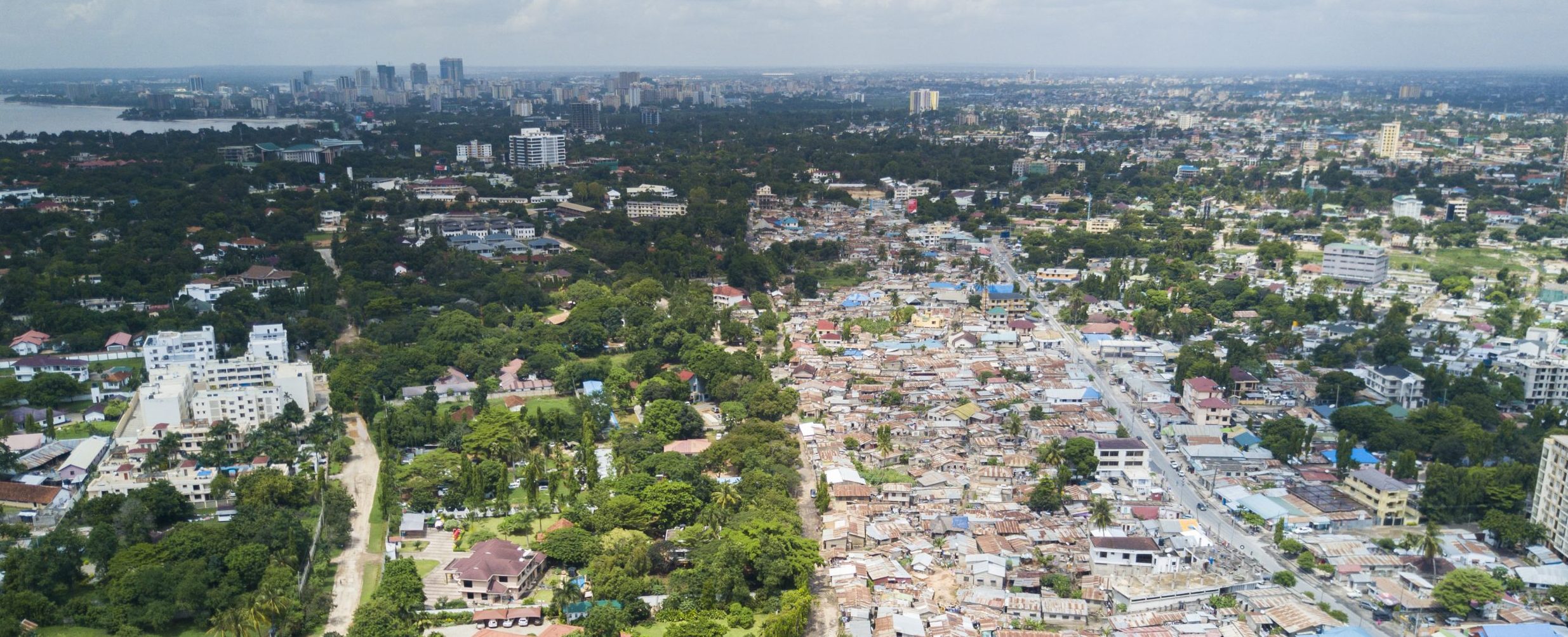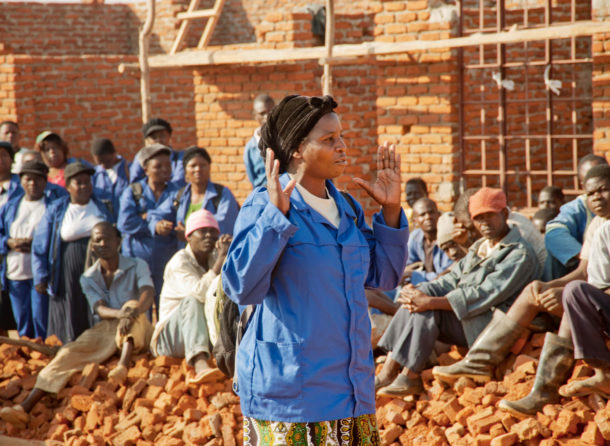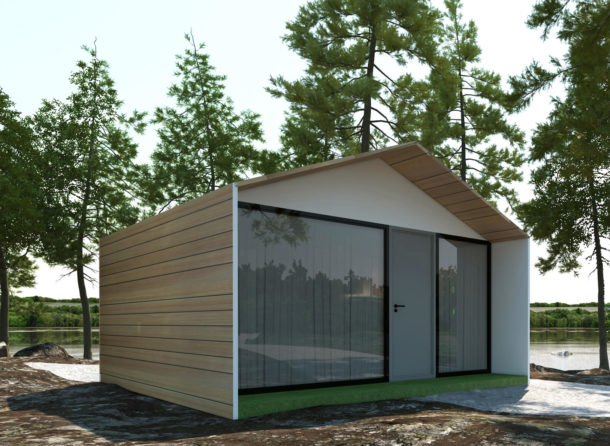
Climate
Reall are building a clean green home for human potential.
Affordable green homes accelerate the transition to net-zero, drive inclusive growth, reduce emissions, and build resilience for people, for profit and for the planet.
The construction sector is a leading contributor to energy use, accounting for almost 40% of the world’s total CO2 emissions. This makes it one of the world’s most polluting industries.
Over the next decade 90% of urban growth will be in Africa and Asia and 300 million new homes will be needed by 2030 to keep up with demand. If this new housing is not climate-smart, it will accelerate the global climate emergency.
Reall are pioneering green and resilient affordable housing, proving that climate-smart and affordable housing is a commercial reality.
Driving down the carbon cost of construction
Innovative, green construction holds the key
Reall is driving down the carbon cost of construction with energy efficient materials, technologies and renewable energy solutions – without compromising affordability.
Disruptive tech and building practices can reduce environmental footprints and stimulate an enormous market in sustainable building materials. Reall and our partners decarbonise conventional methods to shift construction practices towards low-carbon materials without impacting on performance and affordability. Reall works with partners to streamline and green construction supply chains at local, national and transnational levels.

Ensure healthy housing and environments
Reall harnesses effective design and urban planning to reduce environmental impact and mitigate urban sprawl. Innovative design and materials are essential in driving down energy and water consumption throughout the lifecycle of houses.
By driving positive policy change Reall demonstrates that clean, green homes are a doorway to 16 of the 17 Sustainable Development Goals [SDGs], transforming the lives of people on low incomes by creating resilience, jobs, gender equality, green assets, climate mitigation and pathways to net-zero.
Strengthen resilience and adaptation
The affordability of housing is interconnected to the resilience of cities. Quality housing enables citizens living on low incomes to protect themselves against diseases like Covid-19, access employment, and mitigate the threats of a changing climate.
With the increasing prevalence of extreme weather events, resilience must be rooted in the provision of affordable housing for those who are most vulnerable.
Climate-smart homes can unlock an uncrowded $17 trillion infrastructure opportunity whilst accelerating a transition to net-zero. Every home creates five jobs and shapes the greener, healthier communities of tomorrow.
CONNECT
WITH US
Naa Ayeleysa Quaynor-Mettle
Climate and Green Buildings Lead



